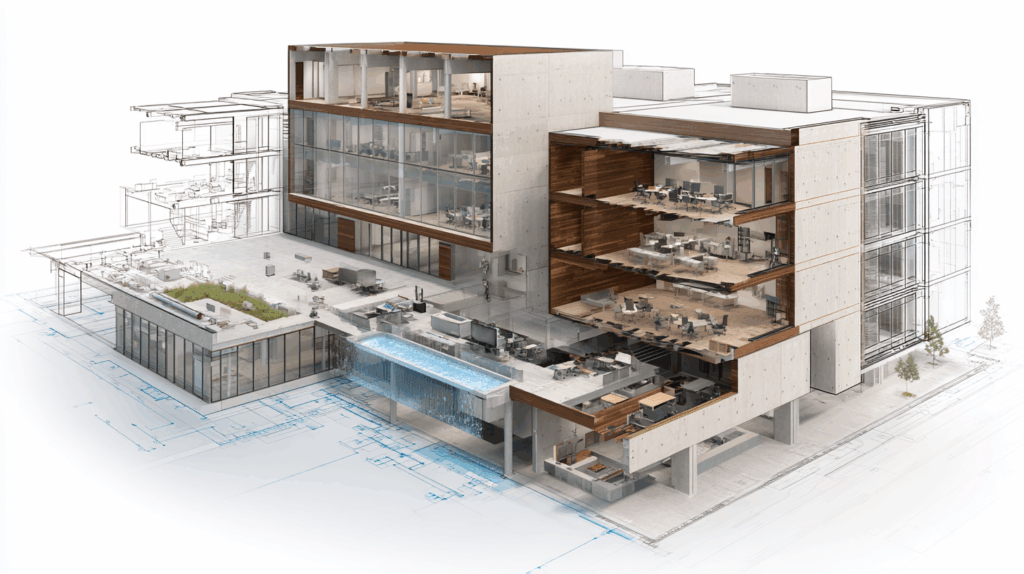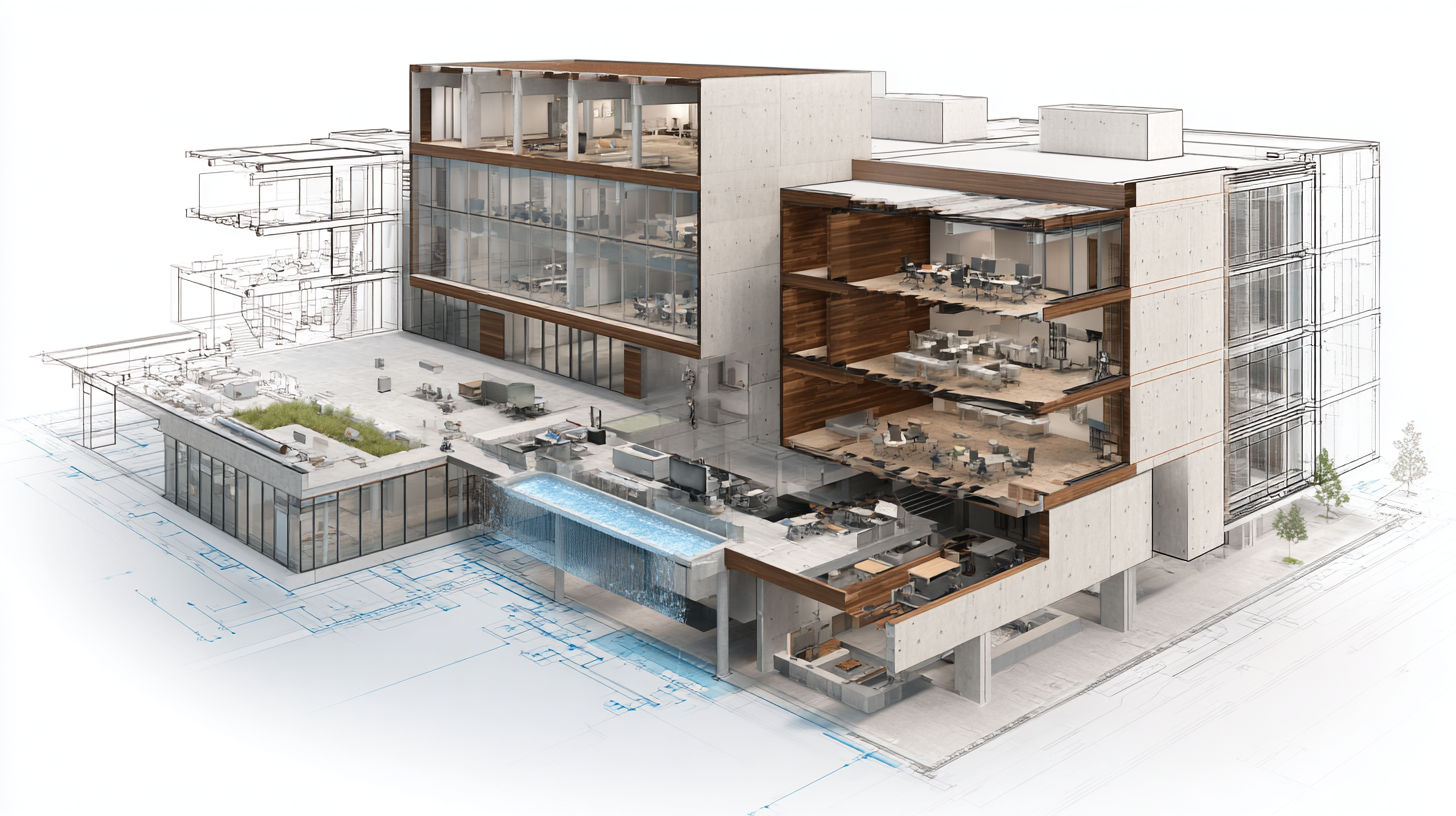

Program Overview
This comprehensive learning program equips construction and engineering professionals with cutting-edge AI capabilities to revolutionize project delivery, safety, and sustainability. From generative design and predictive scheduling to computer vision monitoring and autonomous machinery, learners gain practical tools to enhance efficiency, reduce costs, and drive innovation across the entire construction lifecycle. Master the integration of AI technologies with traditional engineering practices to lead the digital transformation of the built environment.
Who Should Enroll
Designed for construction managers, project engineers, BIM coordinators, site supervisors, cost estimators, safety officers, sustainability managers, and executives leading digital transformation in AEC firms. All courses are industry-focused and require no advanced AI programming skills, making sophisticated construction AI accessible to professionals across all roles and experience levels.
What’s Included
This program contains 14 specialized micro-courses covering:
Design, Planning & Execution
- Generative Design and BIM Integration – AI-enhanced 3D modeling and real-time clash detection using ML
- Predictive Project Scheduling – Delay risk forecasting and AI-assisted resource allocation
- Computer Vision for Site Monitoring – Safety compliance detection and progress tracking via drone/camera feeds
- Robotics and Autonomous Machinery – AI-guided earthmoving equipment and collaborative robotics in prefab
Cost & Supply Chain
- Smart Estimating and Cost Control – Material price trend forecasting and change order impact analysis
- Procurement and Supply Chain Intelligence – Supplier risk prediction and just-in-time delivery forecasting
Quality & Maintenance
- Predictive Maintenance of Infrastructure – AI sensor analysis and digital twins for asset lifecycle
- Defect Detection and Quality Assurance – AI-based crack identification and automated compliance checks
Sustainability & Environment
- AI for Carbon Emission Reduction – Materials optimization and energy-efficient design simulation
- Waste Minimisation and Circular Construction – Smart material sorting, reuse, and surplus prediction
Workforce & Risk Management
- Workforce Optimisation – Labor shortage prediction and AI-powered skill gap analysis
- AI-Enhanced Risk Management – Real-time risk scoring and regulatory compliance warning systems
Ethics & Governance
- Human-AI Collaboration in Engineering – Augmented decision-making tools and design accountability
- Data Governance and AI Standards – Site data privacy, security, and regulatory frameworks
Learning Approach
Each micro-course combines real-world construction case studies, industry best practices, and hands-on implementation frameworks. Learners work with actual project data, explore leading AI tools used in construction, and develop customized strategies for their specific project types. The program emphasizes practical application with particular attention to safety enhancement, cost optimization, and sustainable construction practices.
Key Benefits
- End-to-End Coverage: AI applications across design, construction, operations, and maintenance phases
- Safety-First Focus: Emphasis on AI for accident prevention, compliance monitoring, and risk mitigation
- ROI-Driven: Clear pathways to cost savings, schedule compression, and quality improvements
- Industry-Specific: Tailored for construction with relevant tools, standards, and regulations
- Sustainability Integration: Carbon reduction, waste minimization, and circular economy principles
- Practical Deliverables: Implementation roadmaps, pilot project templates, and vendor evaluation criteria
Flexible Learning Paths
While designed as a comprehensive program, courses can be taken individually or in customized sequences based on role, project phase, or organizational priorities. Each course stands alone while contributing to complete AI literacy across design optimization, site operations, quality control, and project management functions. Whether implementing BIM automation, deploying site monitoring systems, or developing sustainable construction strategies, learners can tailor their journey to immediate project needs and career goals.
